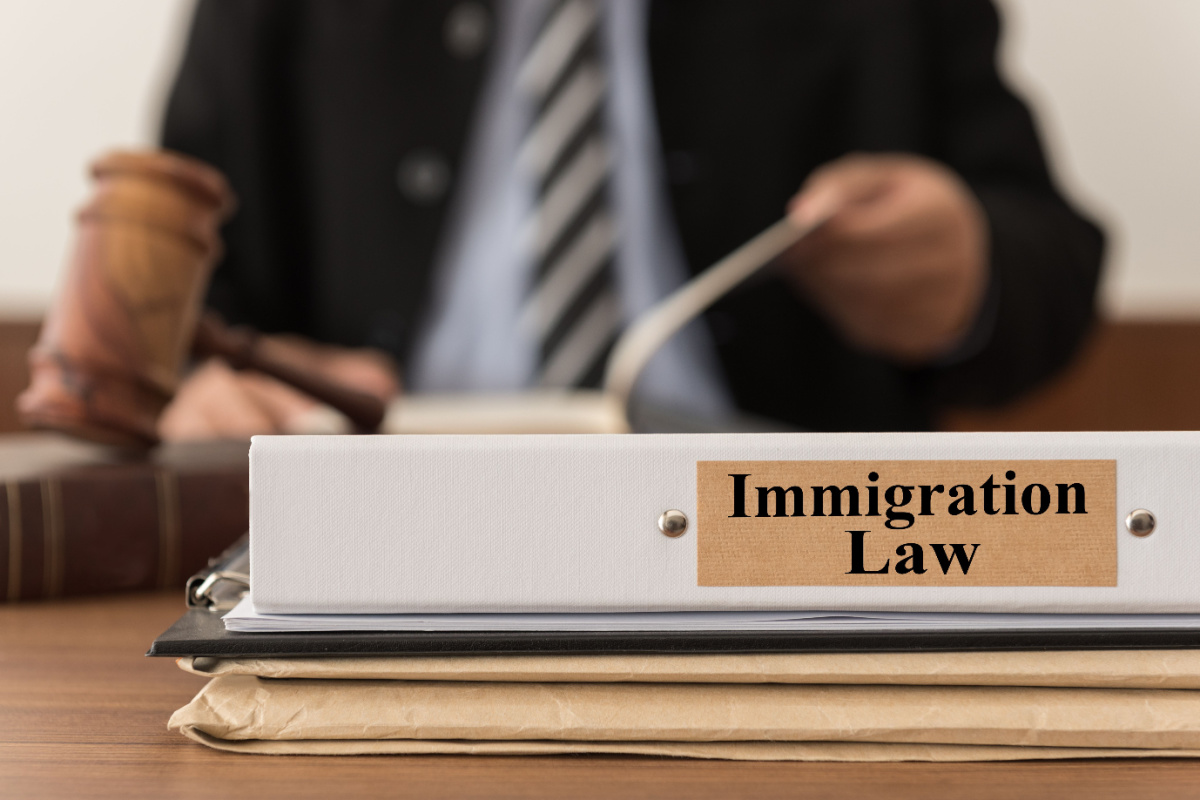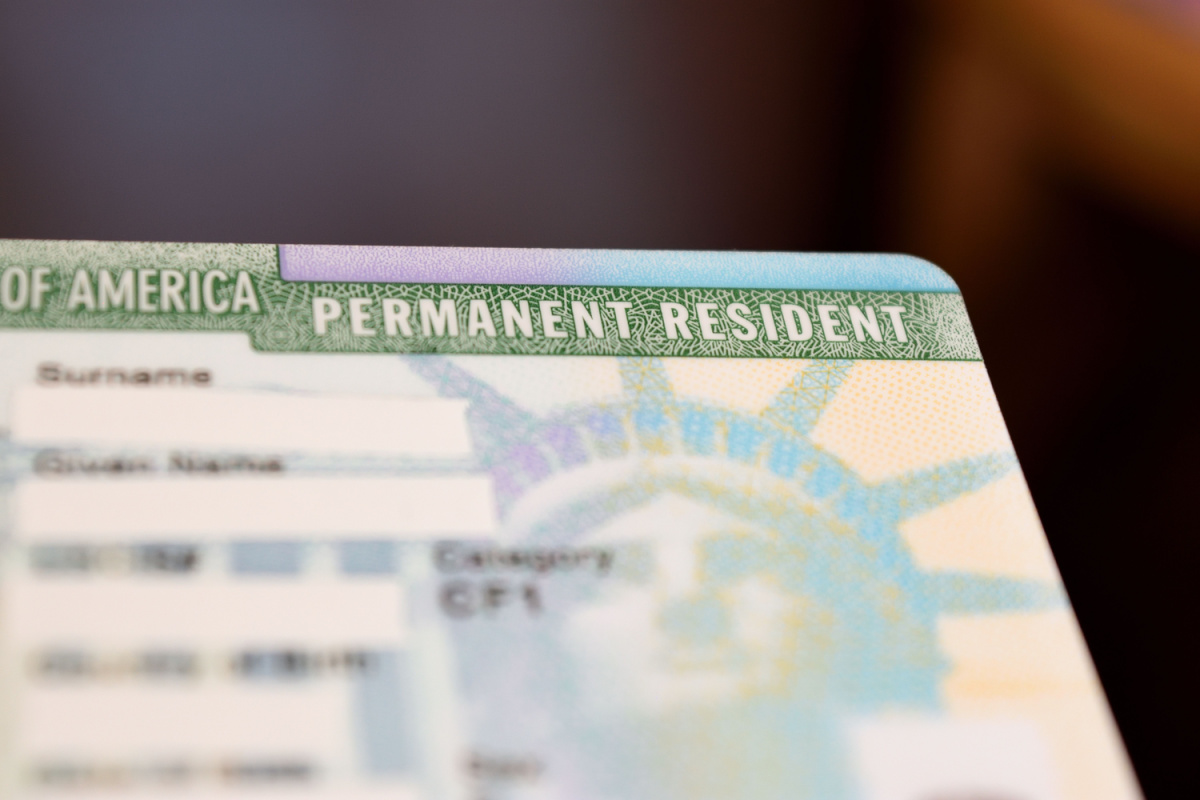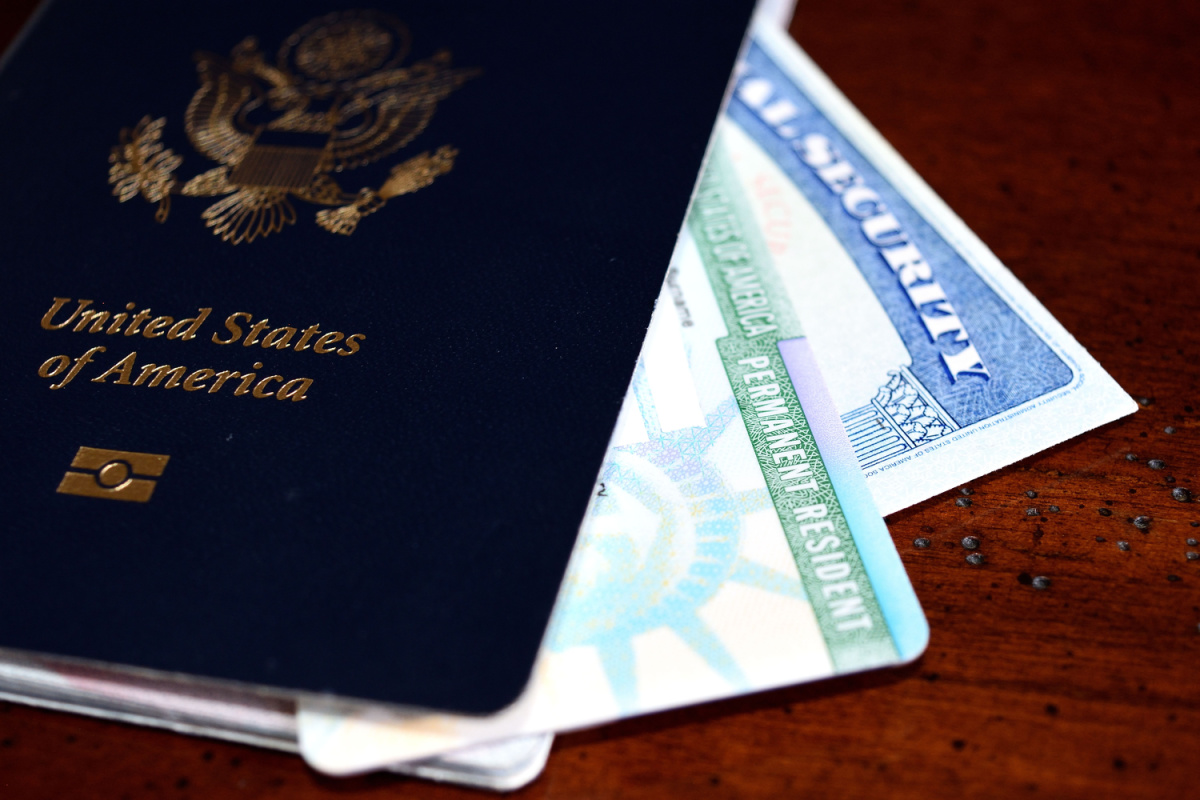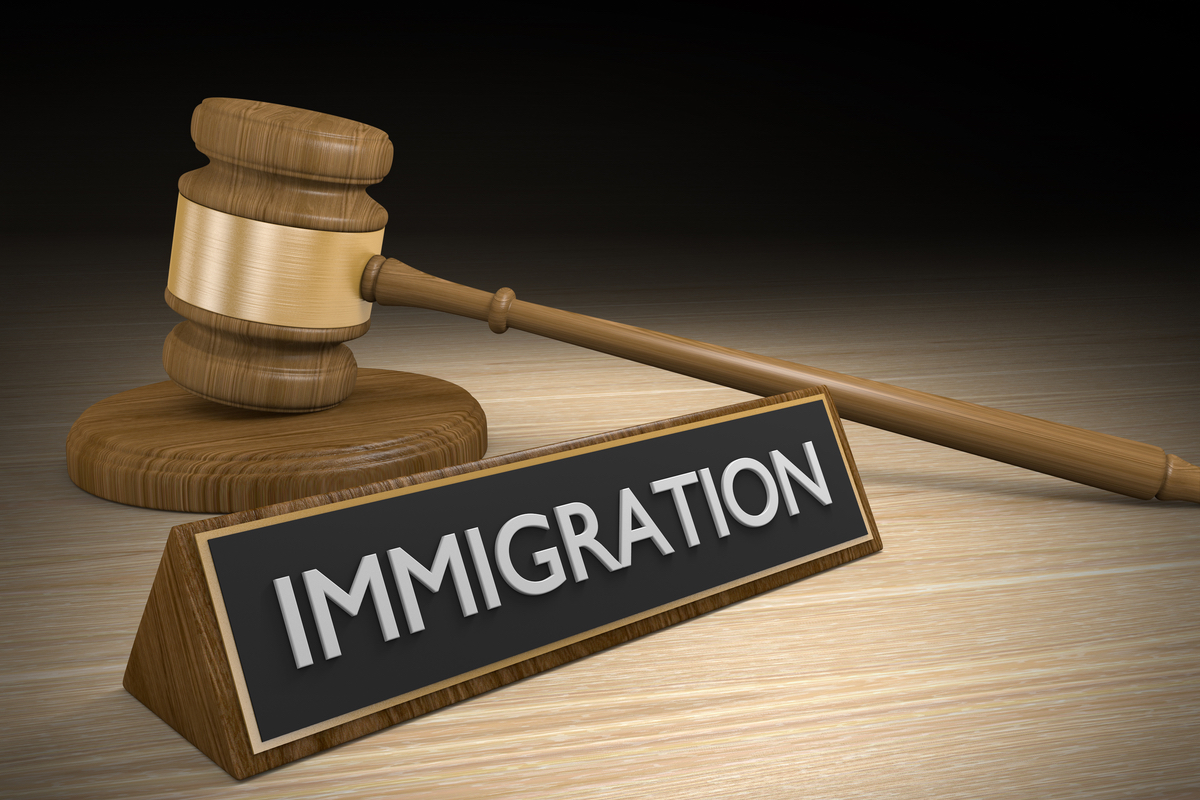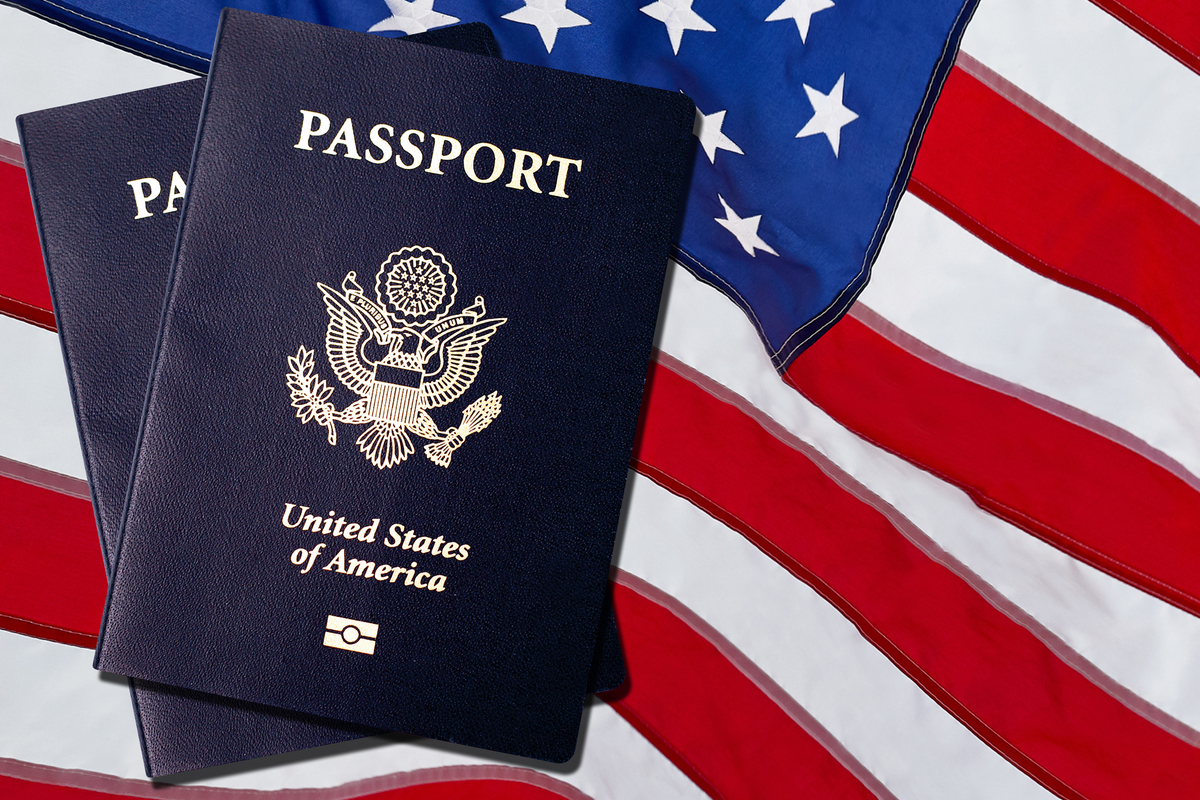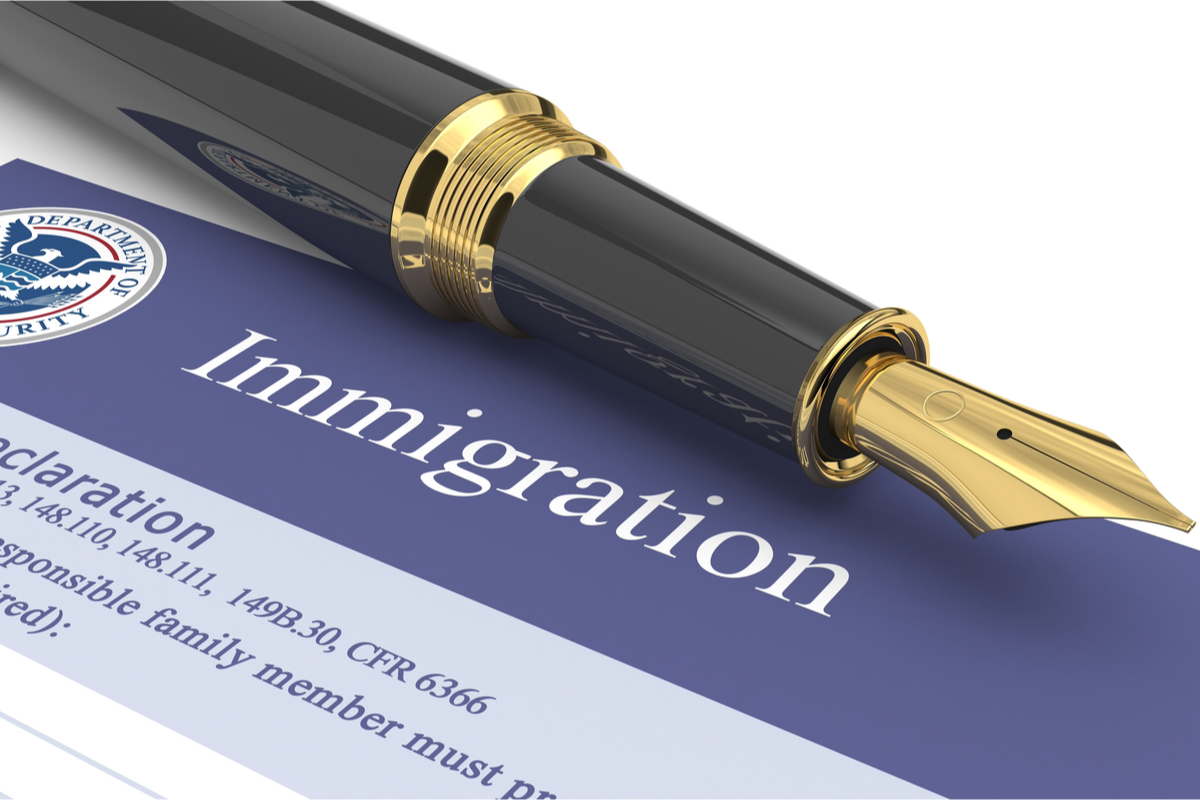Divorce is a challenging and emotional process in any circumstances. When you’re also dealing with the complexities of immigration status, it can feel even more overwhelming than it already does. For individuals in Louisiana whose immigration status is tied to marriage, understanding how divorce can affect their legal standing is crucial. Keep reading to better understand the implications of divorce on immigration status and get guidance on protecting your rights during this difficult time.
Divorce and Immigration Law in Louisiana
It’s not uncommon for immigration status to be tied to a marital relationship in the United States. Divorce can raise significant concerns for those seeking to remain in the U.S. based on their marriage to a U.S. citizen or lawful permanent resident.
Understanding the legal landscape is vital for anyone facing a divorce with a marriage-based immigration status.
Marriage-Based Immigration Visas
Marriage-based immigration visas, such as the K-1 fiancé visa or the CR1/IR1 marriage green card, grant the foreign spouse the right to live and work in the U.S. However, divorce can affect the foreign spouse’s ability to maintain lawful status.
Legal Consequences of Divorce
One of the main concerns is whether a divorce will result in the loss of immigration status. The divorce can create complications if the foreign spouse has a conditional permanent resident status.
They often receive a conditional status for two years when granted a green card based on marriage. After this period, they must file for the removal of conditions to become a permanent resident.
The foreign spouse may face challenges in maintaining their immigration status if the marriage ends before they complete this step. They may only avoid these challenges if they qualify for a waiver of the conditions.
Important Note: Divorce doesn’t automatically result in the loss of immigration status. However, if you are a conditional permanent resident, you may need to prove your marriage was genuine to remove the conditions.

How Divorce Affects Various Visa Holders
Divorce can affect individuals with different types of marriage-based visas in various ways. The specifics will depend on the individual’s immigration status and the stage of the immigration process.
K-1 Fiancé Visa Holders
You could marry your U.S. citizen spouse within 90 days of entering the U.S. on a K-1 fiancé visa. However, if the marriage dissolves before the visa holder can adjust their status, they may face a difficult situation.
Divorce Before Adjustment of Status
A visa holder will typically lose their ability to stay in the U.S. under that status if the divorce happens before the visa holder has applied for permanent residency. In these circumstances, the individual would need to leave the country. However, they might avoid doing so if they can adjust their status based on a different immigration pathway, such as employment or family sponsorship.
Important Note: If you are facing divorce and hold a K-1 visa, seeking legal advice on transitioning to another status is crucial before your visa expires.
Marriage-Based Green Card Holders
Individuals who’ve obtained a green card through marriage to a U.S. citizen or permanent resident may face complications if the marriage ends in divorce. The “removal of conditions” process becomes particularly significant in this case.
Conditional Green Cards and Divorce
Those granted conditional permanent residency through marriage must file to remove the conditions within two years of receiving their green cards.
If they divorce before filing to remove the conditions, they may have to prove the marriage was not fraudulent. Otherwise, they won’t be able to remain in the U.S.
Important Note: Divorce during the two-year conditional period can complicate obtaining permanent residency unless a waiver is granted based on hardship, abuse, or other qualifying circumstances.
Undocumented Immigrants Married to U.S. Citizens
Divorce can further complicate the adjustment of status for undocumented immigrants who marry a U.S. citizen or lawful permanent resident.
Marriage to a U.S. citizen is often a pathway to legal status. However, divorce may prevent the individual from completing the process unless other legal remedies are sought.
What Happens After Divorce?
An undocumented immigrant may still apply for lawful status through other avenues, such as family sponsorship or humanitarian relief. However, with legal representation, the process can be easier to navigate.
Legal Processes and Protections Available
Various legal processes and protections exist to help individuals maintain their immigration status even if the marriage ends.
Divorce Proceedings and Immigration Applications
Divorce can affect several aspects of your immigration journey. Examples include processing petitions for permanent residency, citizenship, or adjustment of status.
In Louisiana, divorce proceedings typically happen in state courts. Federal agencies handle immigration petitions. However, decisions made in one court can influence the other.
Adjusting Status Post-Divorce
Divorce may delay or complicate the process if you are in the middle of adjusting your status when you file for divorce. However, continuing the process is possible if you meet the requirements for an independent immigration status or waiver.
Important Note: It is advisable to consult with both an immigration attorney and a family law attorney to ensure that your divorce does not jeopardize your immigration status.
Legal Protections for Abuse Victims
In cases of abuse, U.S. immigration law offers protections through programs like the Violence Against Women Act (VAWA), which allows individuals who’ve been abused by their spouses to apply for a green card independently of the abuser.
This can be a lifeline for those in abusive relationships. It allows them to seek protection and lawful status even if the marriage ends in divorce.
Case Studies or Legal Precedents
The interplay between divorce and immigration status can have significant legal consequences in Louisiana and other parts of the U.S. Several notable cases have highlighted the importance of legal representation for individuals facing immigration challenges and marital dissolution.
For example, there was a case in which an immigrant filed for divorce and later found out that their status was at risk due to the conditional residency requirements. The individual sought a waiver based on hardship and was able to maintain their green card status despite the divorce.
These cases emphasize the importance of understanding the legal framework—and ensuring proper steps are taken during a divorce to protect one’s immigration rights.
What You Can Do if Facing Divorce and Immigration Concerns
Taking certain steps can minimize the impact on your immigration status if you are facing both divorce and immigration challenges.
Steps to Take
- File for a Waiver. You may be eligible for a waiver to remove the conditions if you have a conditional green card and your marriage ends in divorce. This process requires proving that the marriage was genuine or that you’re facing hardship.
- Adjust Your Status. Are you on a K-1 visa or another temporary status? If so, you may need to apply for a change in your status through other legal channels, such as employment or family sponsorship.
- Seek Legal Advice. Consult with an attorney who specializes in both immigration and family law. An experienced lawyer can guide you through the complex processes and help you secure your status both during and after the divorce.
Important Note: Legal counsel is essential when navigating divorce and immigration issues to avoid pitfalls and protect your rights.

FAQs
Can I lose my green card if I get divorced?
No, divorce doesn’t automatically result in losing a green card. However, if you hold a conditional green card, removing the conditions may be required to prove the marriage was legitimate.
What happens to my immigration status if I divorce before the approval of my green card application?
Divorce may prevent you from adjusting your status unless you qualify for an independent immigration remedy or waiver.
Can I apply for a green card after divorce?
You can apply for a green card independently if you meet the eligibility criteria. Factors that can affect eligibility include employment, family sponsorship, or humanitarian relief.
What legal protections are available if I am divorced and facing immigration challenges?
Protections include waivers and relief under programs like VAWA. They allow abuse survivors to apply for a green card independently.
Get Help with a Louisiana Divorce Affecting Immigration Status
Divorce and immigration status are closely intertwined. However, getting divorced doesn’t have to lead to losing your legal standing in the U.S. By understanding the potential impacts and taking proactive legal steps, you can secure your future and protect your rights.
If you are facing divorce and are concerned about your immigration status, consult with a lawyer who understands both family law and immigration law. The attorneys at Stephenson Chavarri & Dawson are here to help guide you through this complex process and protect your legal rights during this challenging time.
If you need guidance on how divorce may impact your immigration status, the attorneys at Stephenson Chavarri & Dawson can provide the expertise you need to handle the complexities of family law and immigration law.


